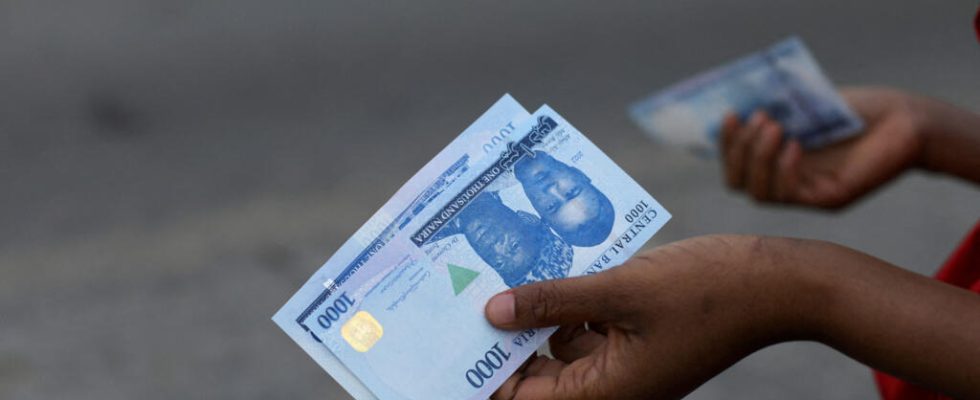When he was elected just over a year ago, President Bola Tinubu launched critical but brutal economic reforms for the poorest Nigerians. In particular the devaluation of the naira and the removal of part of the subsidies on gasoline. In recent months, the national currency has collapsed against the dollar and inflation has soared. Philip Anegbe, vice-president of Cardinal Stone, a consultancy firm based in Lagos, discusses the mechanisms of this crisis.
3 mins
RFI: What are the causes of this significant inflation in Nigeria?
Philip Anegbe: The inflation that we have been facing for six to eight months is incomparable compared to anything we have experienced until then. This is one of the consequences of the president’s reforms Bola Tinubu, at least in the short term. The partial lifting of gasoline subsidies, efforts to deregulate the exchange rate, all of this has increased costs and has an impact on prices. And then, there is always the problem of insecurity in agricultural regions, which causes food insecurity. Many farmers have been displaced in recent years. So there is no longer enough food entering the market, and this also results in rising prices.
For the authorities, smuggling at the borders is also a factor of inflation. Today, the naira is very unstable, more so than the CFA franc which is used in neighboring countries. What does it mean ?
With the depreciation of the naira against the CFA franc, it has become more attractive to export from Nigeria to neighboring countries. By legal means or simply by discreetly bringing out Nigerian production to sell it abroad. But this can cause shortages in our own country. It was to combat smuggling that Nigeria closed its land borders in 2019.
On the other hand, if we manage to strengthen our foreign exchange reserves, this will reduce costs for businesses, lower the price of food, and therefore it will necessarily reduce smuggling to neighboring countries.
Except that the reforms undertaken have not yet borne fruit and the poorest are suffering. How long can this crisis last?
Ten days ago, one dollar was exchanged for almost 2,000 naira. But it’s over, the rate has stabilized around 1,500. So that’s still a sign that there is some progress. It is very clear that there is an intervention by the authorities.
But no one said it would be easy. If you really want to move the economy forward, then you have to be prepared for some stray bullets. Reforms can be hard. Social safety nets are needed, and the Nigerian government is seeking, for example, to increase the minimum wage. We also hope that the private sector will follow the example.
Read alsoNigeria demands $10 billion in compensation from cryptocurrency platform Binance
